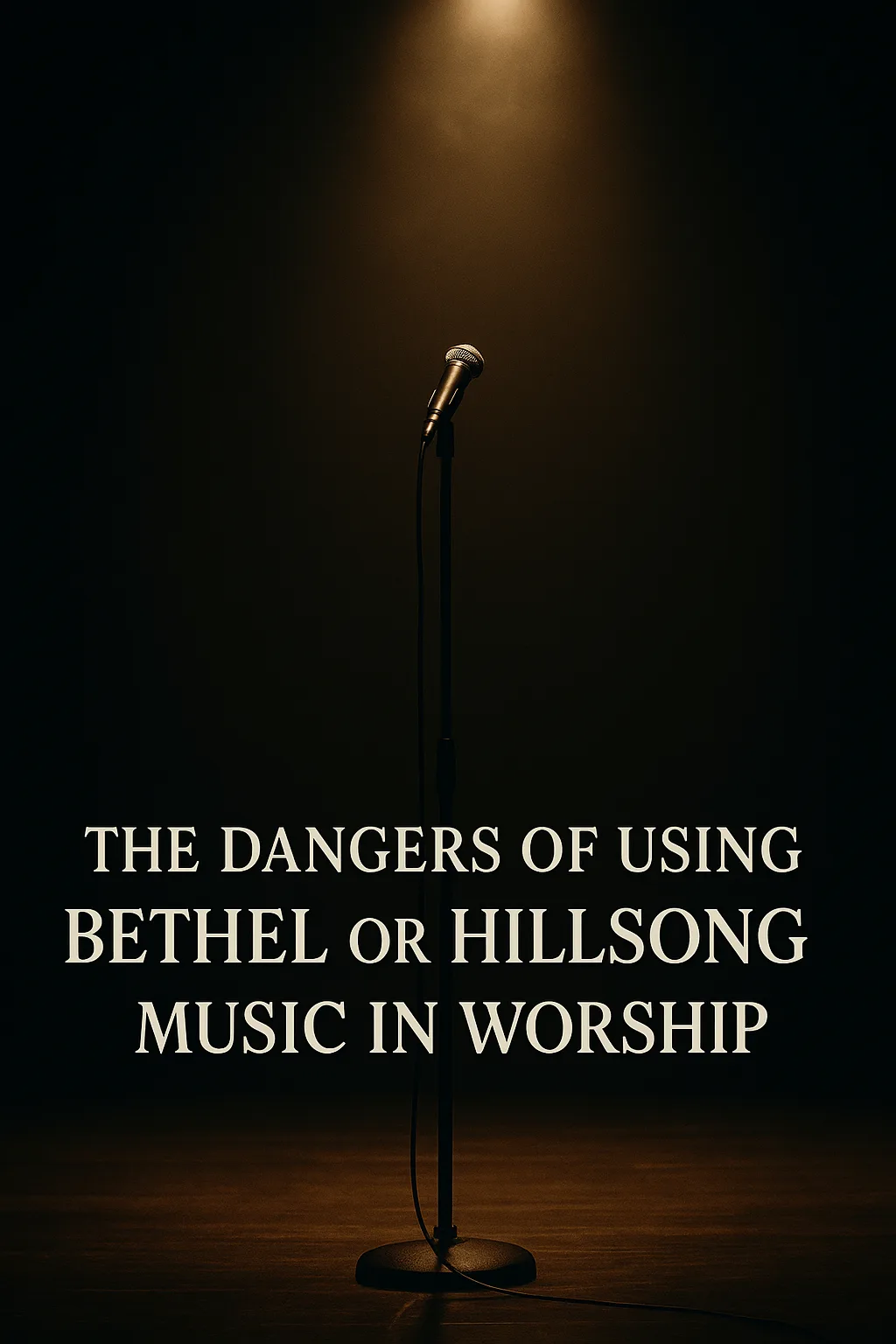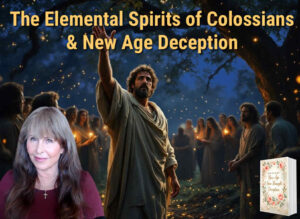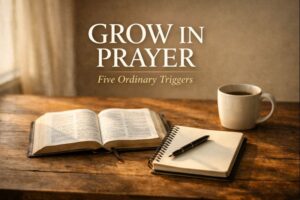⏱️ Estimated Reading Time: 5 min read
The Dangers of Using Bethel or Hillsong Music in Worship
Should Christians attend churches that play Bethel or Hillsong music?
Over the last two decades, songs from Bethel Music in Redding, California, and Hillsong in Australia have found their way into countless churches across the world. Their melodies are memorable, their lyrics often emotional, and for many, these songs have been deeply moving. Yet, behind the music stand ministries whose theological foundations are deeply troubling. Bethel Church is known for promoting New Apostolic Reformation teaching, unbiblical prophetic claims, and questionable spiritual practices such as grave soaking. Hillsong has faced its own history of prosperity gospel preaching, moral scandals, and a diluted view of sin.
These realities have led many believers to wrestle with an important question: If my church uses songs from these groups, should I still attend?
Worship Defined by Scripture
Biblically, worship is the wholehearted response of God’s people to His greatness, offered according to His Word, for His glory alone. It is never entertainment or mere self-expression—it is submission to God’s revealed will in how He is to be honored (Deuteronomy 12:32; Hebrews 12:28–29).
The Bible consistently calls God’s people to guard the purity of worship. Jesus warned about false teachers and the danger of their influence (Matthew 7:15–20). Paul urged believers not to partner with works of darkness (Ephesians 5:11). In the Old Testament, the Lord judged Nadab and Abihu for offering “unauthorized fire” before Him (Leviticus 10:1–3). In John 4:24, Jesus set the standard for worship: it must be “in spirit and truth.”
When a church incorporates music from ministries known for serious doctrinal error, it risks lending credibility to those ministries in the eyes of the congregation—especially new believers or visitors who may not be aware of the issues.
Music Is a Gateway to Theology
Music is not neutral. It shapes our understanding of God, often embedding theology in our hearts in ways that sermons cannot. Songs don’t just communicate words—they connect worshippers to the theology, teaching, and resources of the groups that wrote them.
- Bethel Music is tied to Bethel Church’s teaching on modern apostles, grave soaking, and unbiblical healing practices.
- Hillsong has a history that includes prosperity gospel teaching, moral scandals, and a pattern of downplaying sin.
Even when a song’s lyrics are biblically accurate, its use can still promote and financially support a ministry committed to spreading error. Purchasing music, streaming songs, and including them in worship royalties all help sustain that ministry’s influence.
I’ve spoken with believers who first encountered Bethel or Hillsong through a song they loved—only to start following their sermons, conferences, and books. Over time, their theology shifted subtly, and they found themselves embracing teachings they once would have rejected.
Practical Guidance for Churches and Believers
If your church uses Bethel or Hillsong music, your next step should be to approach leadership with humility and respect. Ask why these songs are being used. Share what you’ve learned about the theology and practices of these ministries. Offer alternatives from doctrinally sound hymn writers and modern worship leaders who are faithful to Scripture.
For worship leaders, practical steps include:
- Audit your song list to identify sources.
- Replace songs tied to unbiblical ministries with solid alternatives.
- Teach the congregation why certain songs are no longer used, grounding the decision in Scripture.
If leadership responds with thoughtful engagement, there may be room for healthy dialogue and careful reform. But if biblical concerns are dismissed outright—or if the church persists in regularly promoting music from unbiblical sources—it should raise serious questions about the church’s commitment to theological discernment.
Discernment Is an Act of Love
Refusing to use music from ministries like Bethel and Hillsong is not about being nitpicky or divisive; it’s about loving God with pure worship and loving others enough to keep them from error. As Paul writes, we are to “approve what is excellent” (Philippians 1:9–10), and we are reminded to do everything for the glory of God (1 Corinthians 10:31).
Our worship choices either draw people toward the truth of God’s Word or subtly steer them toward ministries that distort it. That’s why discernment is not simply a defensive measure—it’s an act of love for God’s glory and His people.
Conclusion
When a church knowingly and repeatedly incorporates songs from ministries that promote false teaching, it’s a cause for deep concern. While every situation requires prayerful consideration, believers should seek churches committed to doctrinal integrity in every aspect of worship.
This isn’t just a debate about musical preferences—it’s about the integrity of the gospel in the gathered worship of God’s people. For the sake of God’s glory and the health of His church, our worship should point people toward sound doctrine, not toward ministries built on error.
“God is spirit, and those who worship him must worship in spirit and truth.” — John 4:24
If your church uses Bethel or Hillsong music, prayerfully and respectfully speak with your leaders. Encourage them to evaluate every song—not just for lyrical content, but for theological alignment and ministry association. Our worship should always lead God’s people toward truth, never toward error.



